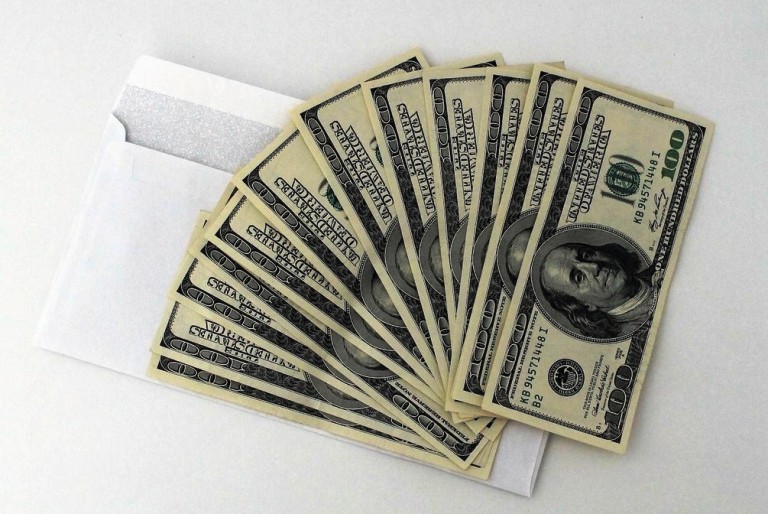How to Handle Teen Car Accidents
When we imagine our teens behind the wheel, we often think of their first drive, their first solo adventure, or their first long trip. Rarely do we visualize their first accident. Yet, just as a fledgling bird might falter on its first flight, our teens can face a hiccup in their initial driving experiences. Like an artist who faces financial challenges to purchase materials and might need a personal loan with a co-signer to get started, a teen driver may face bumps and bruises in the world of driving. They need to handle it right to turn that experience into a learning journey.
Turning Accidents into Lessons
Just as we wouldn’t abandon painting after a poor artwork or stop singing after a sour note, we shouldn’t let our teens get disheartened by their first mishap. Every experience, good or bad, is a steppingstone.
1. Staying Calm Amidst Chaos
Imagine a boat in a stormy sea. The waves are crashing, and the skies are dark. But the sailor who remains calm and follows protocol is the one who steers the ship to safety. Similarly, in the aftermath of a car accident, it’s essential for teens to keep their composure. The first step is to determine if anyone in their car has been injured. A clear, unpanicked mindset can make a significant difference in ensuring everyone’s safety.
2. Documenting the Scene: Paint a Picture
If a writer were to pen down a scene or an artist to capture it on canvas, they would focus on the tiniest details. Post-accident, it’s crucial for teens to ‘paint a picture’ of the incident. This doesn’t just mean noting down the other driver’s details but also taking photos of the damaged vehicles from different angles, jotting down the time, place, and sequence of events, and noting any potential witnesses.
3. The Act of Exchanging: More than just Information
In ancient cultures, exchanging items wasn’t just about the items themselves but also the gesture and understanding behind it. When teens exchange insurance information with other drivers, it’s more than just a formality. It’s an acknowledgment of responsibilities, a commitment to handle the situation maturely, and most importantly, an understanding between both parties. With that said, counsel your teen to never say things that could be construed as accepting fault. “I’m sorry,” “I didn’t see you,” and “it was my fault” are phrases that can result in considerable expense down the road.
4. A Journey Beyond the Accident: Addressing the Emotional Impact
In the annals of history, many events have long-lasting repercussions, not just on the world but also on the psyches of individuals. Similarly, while the physical damage of an accident can be repaired, the emotional impact can stay with teens for a long time. It’s crucial for parents to acknowledge this emotional journey. Open conversations, counseling, and ensuring the teen knows that an accident is not the end of their driving journey but merely a bump in the road can help in healing.
5. Revisiting Driving Basics: A Refresher Course
An architect, after a structure failure, revisits the drawing board, relearns some basics, and ensures the next design is better. For teens, after an accident, it might be beneficial to revisit their driving lessons. Not as a punishment, but as a refresher, reminding them of the essentials and possibly making them more confident drivers.
Conclusion: The Road Ahead
Life is an amalgamation of successes and failures, smooth drives, and bumps on the road. For our teens, their first car accident can either be a traumatic memory or a lesson in resilience, maturity, and growth. As guardians, guiding them, providing them with the right tools to handle the situation, and ensuring they rise stronger from it is our duty. Remember, every artist has a smeared canvas or two in their studio, and every sailor has faced a storm. It’s not the accident but the journey after that defines us.
Read More: Successfully Disputing a Credit Card Charge







